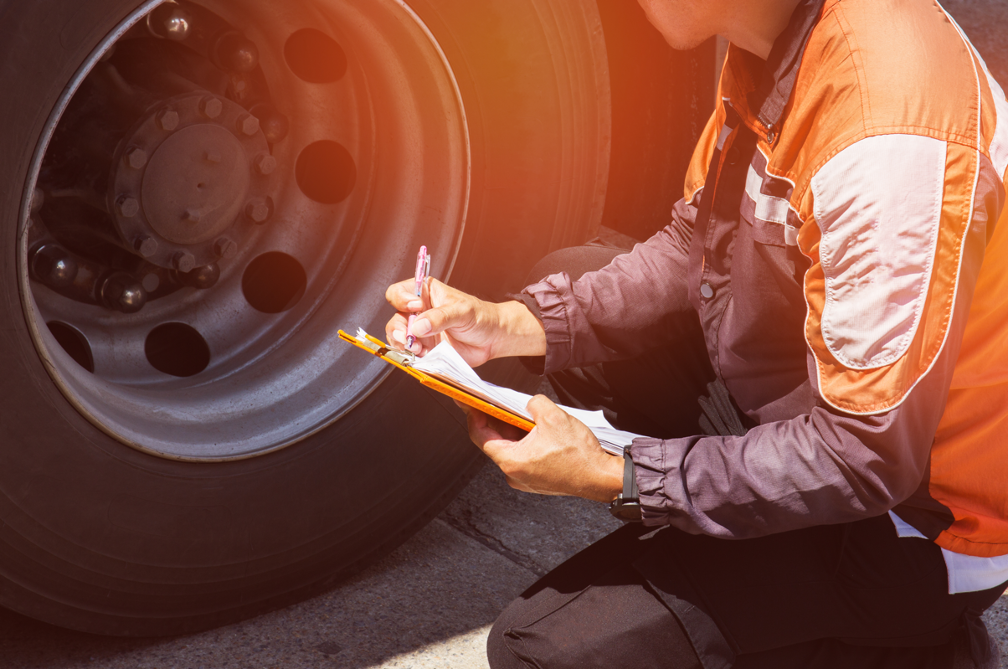Accidents involving large trucks can be devastating. The aftermath of such an event can be incredibly traumatic and life-changing, ranging from severe injuries to fatalities. However, one of the most confusing aspects for victims to navigate after a truck accident is identifying who is truly at fault.
You might have witnessed the truck driver behaving recklessly, appearing distracted, or disregarding traffic laws. However, proving liability in truck accident cases is far from simple. This complexity can be especially challenging when you are trying to recover financial compensation for your losses.
Have you recently been involved in a truck accident and are wondering how to prove fault in your case? This truck accident attorney in Lakeland, Florida is going to explain some of the key things you should know below.
Why is proving fault in truck accidents so complicated?
In truck accident cases, multiple parties could potentially be held accountable. These include the following:
- The Driver: This is often the first point of focus. If the driver was reckless, intoxicated, or negligent, they could be held directly responsible. But proving this requires more than an accusation. You need solid evidence — police reports, witness statements, camera footage — all carefully collected and analyzed.
- The Owner: Here, the liability shifts from the person behind the wheel to the vehicle’s owner. If the truck was not properly maintained or failed to meet safety standards, the owner could be held liable. But again, your truck accident attorney in Lakeland, Florida will need to have evidence that the owner knew about the issues and neglected to fix them.
- The Leasing Company: Trucks are often leased from other companies. These leasing companies could share liability, especially if they failed to ensure the vehicle’s roadworthiness.
- The Manufacturer: Sometimes, the fault is not with the driver or owner, but with the truck itself. The manufacturer could be held accountable if a manufacturing defect — faulty brakes or flawed steering mechanism — caused the accident. Proving this requires comprehensive vehicle inspections, expert testimonies, and more.
- The Cargo Loader or Shipper: If the cargo was improperly loaded or exceeded weight limits, and if this fact contributed to the accident, the cargo loader or shipper may bear some of the blame. In these situations, your truck accident attorney in Lakeland, Florida will need to conduct a detailed investigation into cargo handling records and procedures.
At first glance, it might seem counterproductive to target these entities in a truck accident case, especially if you are convinced that the driver alone was at fault. However, it’s important to remember that trucking is a commercial operation involving various parties. The driver is often an employee or contractor of a larger entity, and that entity may bear responsibility, too.
The Domino Effect of Filing a Truck Accident Claim
Commercial truck drivers work for companies that are supposed to have systems in place to prevent accidents. These systems include safe schedules to prevent driver fatigue, safety regulations that all drivers must adhere to, and enforcement of these regulations. If the company fails in these areas, it could contribute to an accident, making it partly or wholly liable.
Pursuing a claim against such a company allows you to do more than secure compensation for yourself. Holding them accountable could force them to improve their standards, potentially saving others from suffering.
Looking for a Truck Accident Attorney in Lakeland, Florida?
Truck accidents are never easy, and assigning fault can be a complicated process. This is where an experienced truck accident attorney comes in. Are you ready to partner with a truck accident attorney in Lakeland, Florida that can represent your case? If so, Tonya Stewart and her legal team at Tonya Stewart Law PA are the people to call. We work tirelessly to protect the rights of truck accident victims, fighting to make sure they receive the compensation they deserve.
Contact us today at (863) 279-4473 to schedule a free consultation.
